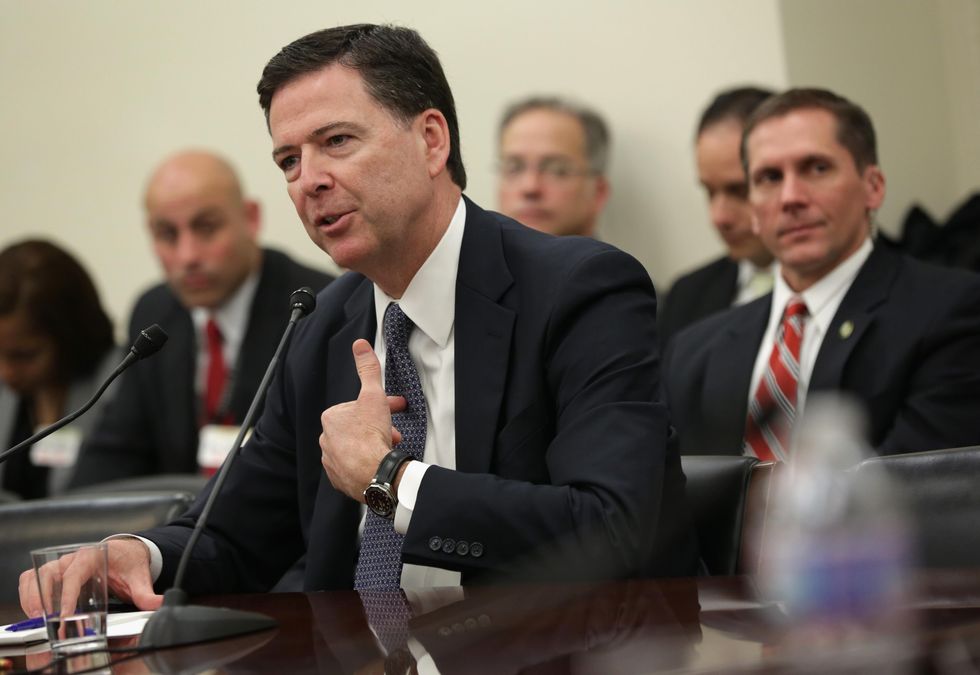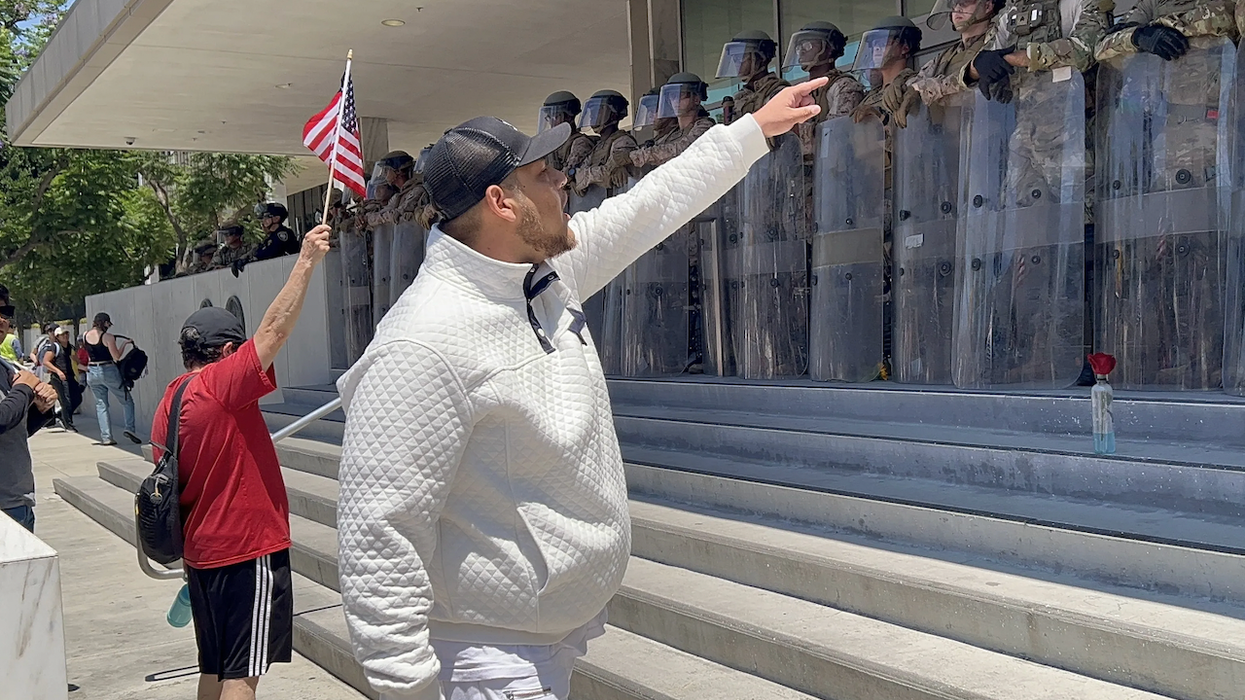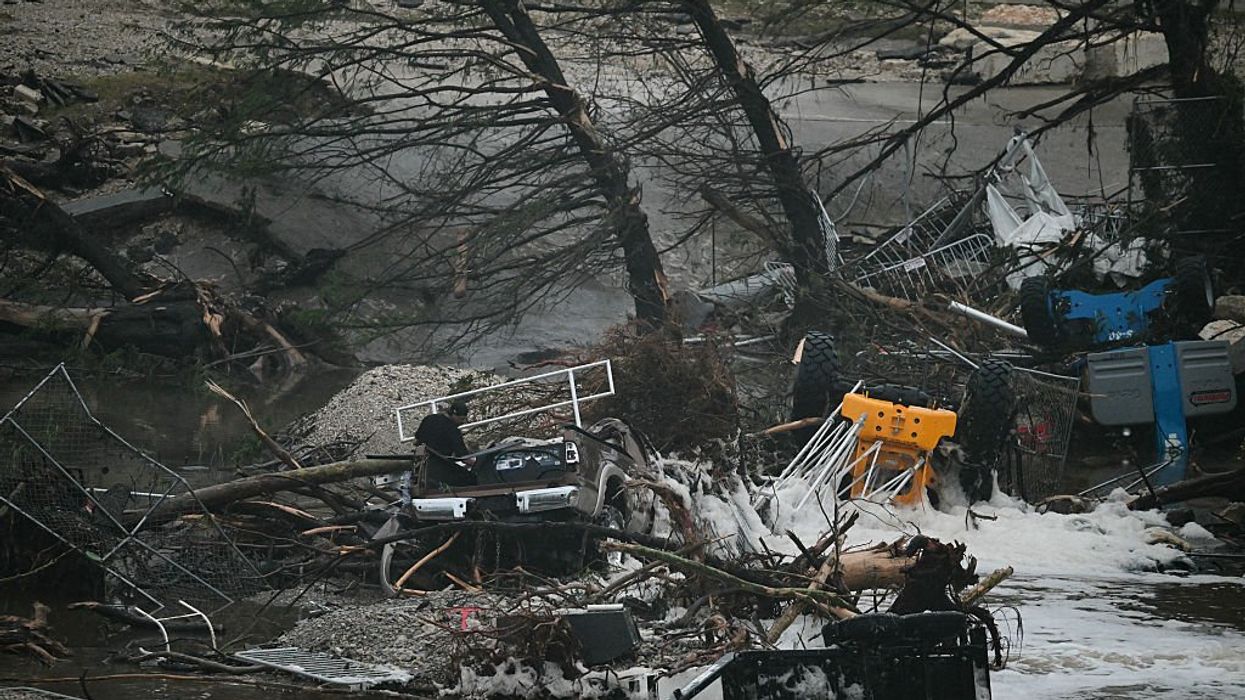Former FBI Director James Comey has come under new scrutiny over the weekend following the termination of his former deputy, Andrew McCabe, over an admission he made to Congress last year.
Federal law makes it a crime to "knowingly and willfully" give "materially false" statements to Congress, even if not under oath. Similarly, federal law also criminalizes "willfully" lying to Congress under oath, a crime known as "perjury." The consequences for the crimes are stiff: a maximum of five years in prison.
What did Comey do?
The FBI's Office of Personal Responsibility recommended McCabe be fired because he authorized FBI agents to leak information to the Wall Street Journal in 2016 — and then lied about it several times to internal Department of Justice investigators. DOJ inspector general Michael Horowitz is currently investigating the DOJ's handling of the Hillary Clinton email probe and special counsel Robert Mueller's Russia probe.
In his post-termination statement, McCabe admitted he authorized the leak, but claimed he was allowed to do so, given his high-ranking position in the FBI.
"The [Office of the Inspector General's] investigation has focused on information I chose to share with a reporter through my public affairs officer and a legal counselor. As Deputy Director, I was one of only a few people who had the authority to do that," McCabe said.
"It was not a secret, it took place over several days, and others, including [then-Director Comey], were aware of the interaction with the reporter. It was the type of exchange with the media that the Deputy Director oversees several times per week," he explained.
McCabe's admission that Comey was aware of the leak presents a large problem for the former FBI director. That's because he told Congress something completely different during testimony before the Senate Judiciary Committee last May.
During that hearing, Comey told chairman Chuck Grassley (R-Iowa) that he did not authorize any leaks.
According to a transcript, Grassley asked: "Have you ever authorized someone else at the FBI to be an anonymous source in news reports about the Trump investigation or the Clinton investigation?"
Comey replied: "No."
But wait, there is a minor discrepancy
There is a minor, but potentially very substantial, difference between what McCabe said in his statement and what Comey told Congress. Comey claimed he never "authorized" leaks, while McCabe claimed Comey was merely "aware of" the leak he oversaw.
It may be that Comey really didn't authorize the leak and was merely aware of it. However, that presents a troubling question: If Comey didn't authorize FBI leaks, why would he knowingly allow one to happen?
It's a question Congress will likely investigate further.
What did the expert say?
Constitutional law expert Jonathan Turley told CNN over the weekend that when he read McCabe's statement on Friday, he "immediately flagged" the remark claiming Comey was "aware of" his leak, saying it could get Comey in "serious trouble."
Turley explained:
There was one line in McCabe's statement last night that I immediately flagged because he said that he had authority to do this and he conferred with the director.
The director at that time was James Comey. Now the problem there is that James Comey said under oath that he never leaked information and never approved a leak. So if the Inspector General believes this was a leak to the media, it raises serious questions about Comey's previous testimony and could get him into serious trouble.
Turley further explained why McCabe's statement may be bad news for Comey in an op-ed for The Hill.







